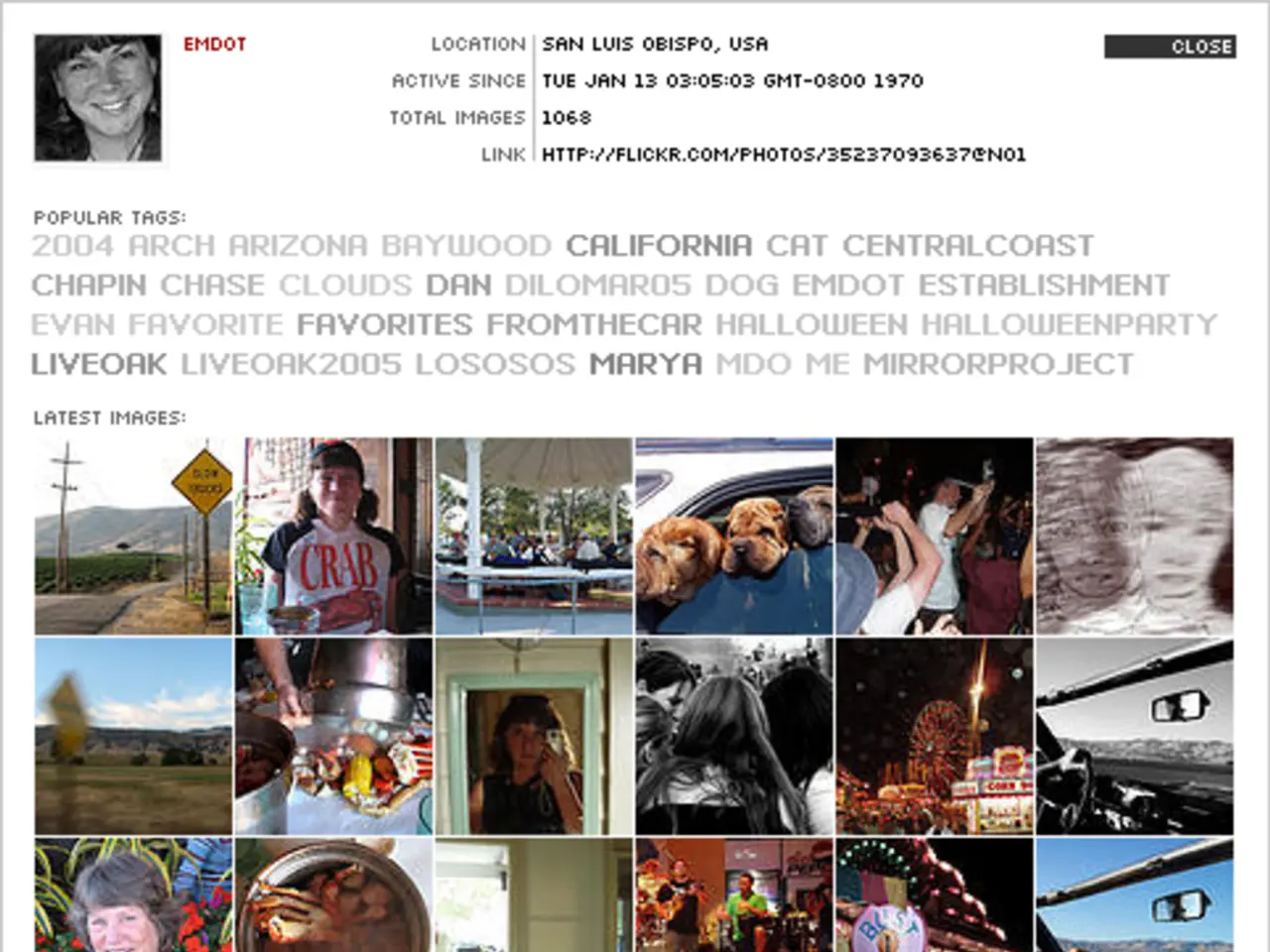Unraveling the Essence of Agender Identity
In the ever-evolving landscape of gender identity, the term agender emerges as a significant and growing part of the conversation. Agender refers to individuals who do not identify with any gender or who do not experience gender as a relevant part of their identity [1].
Agender is distinct from, yet related to, other gender identities such as non-binary and genderqueer. While non-binary serves as an umbrella term for identities outside of the male/female divide, agender specifically denotes an absence of gender identity, rather than an alternative one [2].
The concept of agender has been around for millennia, with historical examples of gender variant identities existing, but the contemporary language including agender developed alongside the rise of transgender and non-binary visibility and activism in the late 20th and early 21st centuries [3]. Terms like genderqueer surfaced in the mid-1990s, while agender became more widely recognized in the 2000s and beyond as online communities and queer scholarship expanded gender vocabulary [3].
Agender individuals may refer to themselves using various terms such as genderqueer, genderless, genderfree, gender neutral, or neutrøis. However, it's essential to respect each person's self-identification and use the pronouns they prefer, which may include they, them, theirs, and themself, unless otherwise specified [4].
People who identify as agender do not consider themselves to have a gender. They may or may not identify as being on a gender spectrum. It's important to note that someone who identifies as agender may not necessarily identify as genderfluid, as the latter refers to individuals who align themselves with different genders at different times [5].
Misgendering a person, even if it happens unintentionally, can be harmful and is not acceptable. To support agender individuals, it's crucial to research gender identity, ask questions, check preferred gender pronouns, apologize after making mistakes, explore what it means to be a transgender ally, and use resources such as Gender and Education Association, Gender Spectrum, GLAAD, Gender-neutral pronouns Q&A, and Gender Justice Leadership Programs [6].
It's essential to remember that asexuality and agender are entirely different, as asexuality is about sexual orientation, not gender identity. Agender people reject the societal gender binary, which is male and female, challenging binary gender assumptions and promoting a more inclusive understanding of gender as a spectrum and a complex personal experience [7].
In conclusion, understanding agender is crucial for fostering a more inclusive and accepting society. By learning about and respecting the identities of those who identify as agender, we can contribute to a world where everyone feels seen, heard, and valued for who they truly are.
References: [1] Human Rights Campaign. (n.d.). What is gender identity? Retrieved from https://www.hrc.org/resources/what-is-gender-identity [2] American Psychological Association. (n.d.). Gender identity. Retrieved from https://www.apa.org/topics/gender-identity [3] Pryor, J. H. (2019). Genderqueer: Voices from beyond the binary. Beacon Press. [4] The Trevor Project. (n.d.). Gender identities. Retrieved from https://www.thetrevorproject.org/resources/glossary/gender-identities/ [5] Gender Spectrum. (n.d.). Agender. Retrieved from https://genderspectrum.org/resources/agender/ [6] GLAAD. (n.d.). Agender. Retrieved from https://www.glaad.org/glossary/agender [7] Asexual Visibility and Education Network. (n.d.). Asexuality. Retrieved from https://www.asexuality.org/wiki/main/Asexuality_101/What_is_asexuality%3F
- Supporting better mental health and overall well-being in the LGBTQIA community is crucial, especially when discussing the complexities of gender identity, such as agender, non-binary, and genderqueer, which are essential parts of the health-and-wellness conversation.
- As the science of gender and sexual identity continues to evolve, it's vital to incorporate terms like agender, genderqueer, and gender spectrum into research and advocacy to ensure a comprehensive understanding of gender identity and improve mental health services for these individuals.
- Promoting mental health and fostering a healthy understanding of gender identity goes hand-in-hand as we must remember that agender, like other gender identities, is not a choice, but a deeply personal aspect of one's mental-health and sexual identity.




